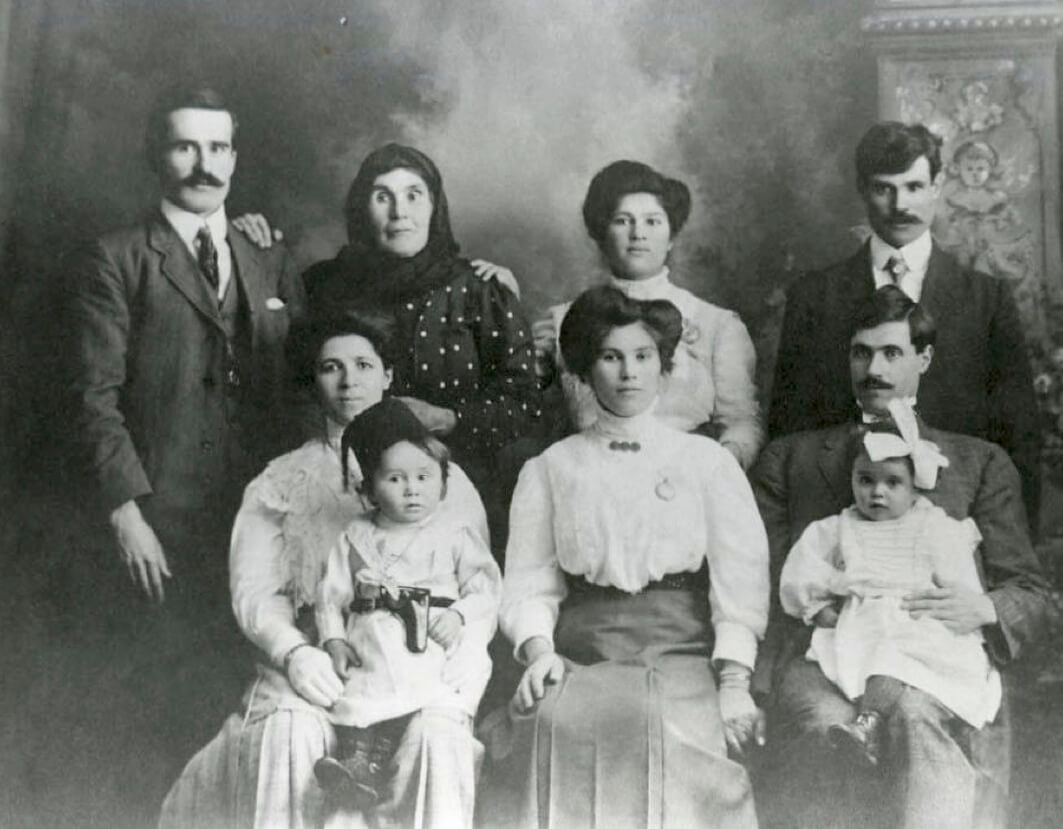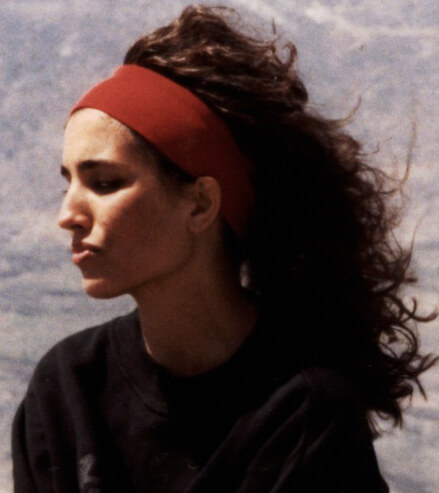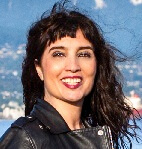It’s a long way from Lebanon to Vancouver.
I contemplate this as I wait to meet the Lebanese foreign minister, Gebran Bassil, here on a flying visit to Canada to meet with the country’s substantial diaspora.
The weeklong trip that has seen Bassil and an entourage from the foreign ministry visit Halifax, Montreal, and Edmonton, includes a meeting with the Canadian foreign affairs minister to discuss the Syrian refugee crisis and Islamic State.
But connecting with the Lebanese-Canadian community is also a key part of the visit.
The first high-level Lebanese government delegation to visit Vancouver in more than 50 years has caused much community excitement.
Visits have been arranged to the statue of Khalil Gibran, a famous Lebanese poet, and a memorial to Lebanese immigrants installed next to a giant cedar at Queen Elizabeth Park. A chartered yacht to Indian Arm, an island near Deep Cove, has also been organized for him.
Unfortunately, in all the excitement, the organizer has forgotten to give me the details of the cruise departure and sent me an incorrect contact number.
In vain, I call some old friends of my grandmother’s, whose parents emigrated to Canada over a century ago from Lebanon’s Bekkah Valley, old-timers who used to be regulars at the annual ‘Lebanese picnic’ in Vancouver’s Maple Grove park. Here, the language was lost, but not the kibbee and the dancing of dubke – the folkloric circle dance.
But my grandmother’s friends are not on close terms with the relative newcomers. They are from the first wave of emigrants – mainly Christians fleeing war, famine and the Ottomans before World War I. Now, new crises claw at tiny, beautiful Lebanon.
By the time I track down the organizer’s actual number, he is just about to sail off with Bassil and the assorted entourage.
“The sea is not a barrier to terror,” Bassil has remarked in recent media interviews. I remember this now as I think of all the crises Lebanon has weathered, long before there even was a Lebanon.
I grab a taxi to Coal Harbour, a former First Nations village turned upscale condo neighbourhood, so I can be there when they arrive back.
Still in a slightly surreal jet lagged stupor from a London flight, I stand at the dock and think of the harbour where my ancestors waited at night – in Port Said, Egypt – over a century ago. The women and children were already on board a freighter, while the men came out in the wee hours on a rowboat to evade Turkish authorities.
A gunboat spotted them as they were climbing up a rope ladder and fired. Only the top two men made it on board.
“The sea is not a barrier to terror,” Bassil has remarked in recent media interviews. I remember this now as I think of all the crises Lebanon has weathered, long before there even was a Lebanon.
 Early Days in Canada
Early Days in Canada
My great grandfather Najib Mussallem’s passport was stamped “Asiatic” when he and his family arrived in Canada in 1908 (pictured to the right), via a long sea route from Port Said to Marseille (where they waited during a long three-month shipping strike and visited Lourdes) through Ellis Island, before travelling to Vancouver’s “Chinatown”, finally settling in a place called Prince Rupert – about as far away from the Bekkah Valley as one could imagine.
The tiny port town near the Queen Charlotte Islands was supposed to become the port of call for the Grand Trunk Railway, and transport silk from China to garment factories in Montreal. But when the English Jewish financier, Charles Hayes, died on the Titanic (along with many Lebanese immigrants fleeing the chaos of their homeland) Prince Rupert was bypassed, left to dream of future greatness.
My grandmother’s brother was adopted by Haida chief William Matthews – in an outlawed clandestine ceremony in the back of the store. When I went there to meet elders in 1997, the chief’s granddaughter told me that I was part of the ‘eagle clan’.
It was home to Scottish immigrants, Haida, Tsimshian, Nisga’a and one lone Arab family who opened a store. Lacking the same cultural baggage as other immigrants, they were the only merchants that did not have First Nations people followed by a store detective.
They kept the Nass Valley alive by extending credit for groceries during the Depression, the late Nisga’a elder Rod Robinson told me. He related a childhood memory of shopping at the Mussallem family store with his father.
Having just watched a silent movie the night before about the British army fighting ‘evil Arabs’, he burst into tears when he first saw my great grandfather – who resembled the cinematic villain. But he was soon consoled by the ice cream and gentle smiles he was offered.
My grandmother’s brother was adopted by Haida chief William Matthews – in an outlawed clandestine ceremony in the back of the store. When I went there to meet elders in 1997, the chief’s granddaughter told me that I was part of the ‘eagle clan’.
Second-Class Citizens? Never.
Now, in tony Coal Harbour, an eagle flies overhead just as the yacht bearing the foreign minister arrives.
There is no time for an interview, as they must be off to the airport, I am told. I manage a quick question about the second-class citizenship law Bill C24, which Bassil seems unaware of. “The Lebanese will never be second-class citizens,” he vows, citing their entrepreneurial spirit.
“Lebanon, with its 18 different [officially recognized] sects, could be a model of diversity for the world.” – Gebran Bassil’s adviser
Later, his adviser tells me that, “Lebanon, with its 18 different [officially recognized] sects, could be a model of diversity for the world.” Canadian dreams have promised similar things, of course. But cultural harmony is a fragile creature, and Lebanon is also a reminder of how quickly things can turn the other way.
But the young adviser speaks of a new plan for “homeland hubs” – a way of uniting the diverse Lebanese diasporas – from Denmark to Dakar.
Soon after arriving at the airport, disguised as a Musqueam theme park, everyone gathers to say goodbye and take photos – a great Lebanese tradition in itself.
I embrace strangers with whom I share a bloodline, and say a prayer for the land of my ancestors and the one they fled to. I think of second-class citizens and boats and terror and grandparents’ stories as I say masalameh – and for a moment, I have a vision of a grove of cedar trees, and an eagle flying over them.
Hadani Ditmars is the author of Dancing in the No-Fly Zone: a Woman’s Journey Through Iraq, a past editor at New Internationalist, and has been reporting from the Middle East for two decades. She spent nine months in Lebanon in 1992/93 doing an Ontario Arts Council funded interactive theatre/video project with children of war in Beirut, and visited her ancestral village, Karoun.





